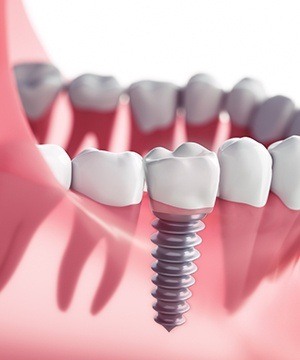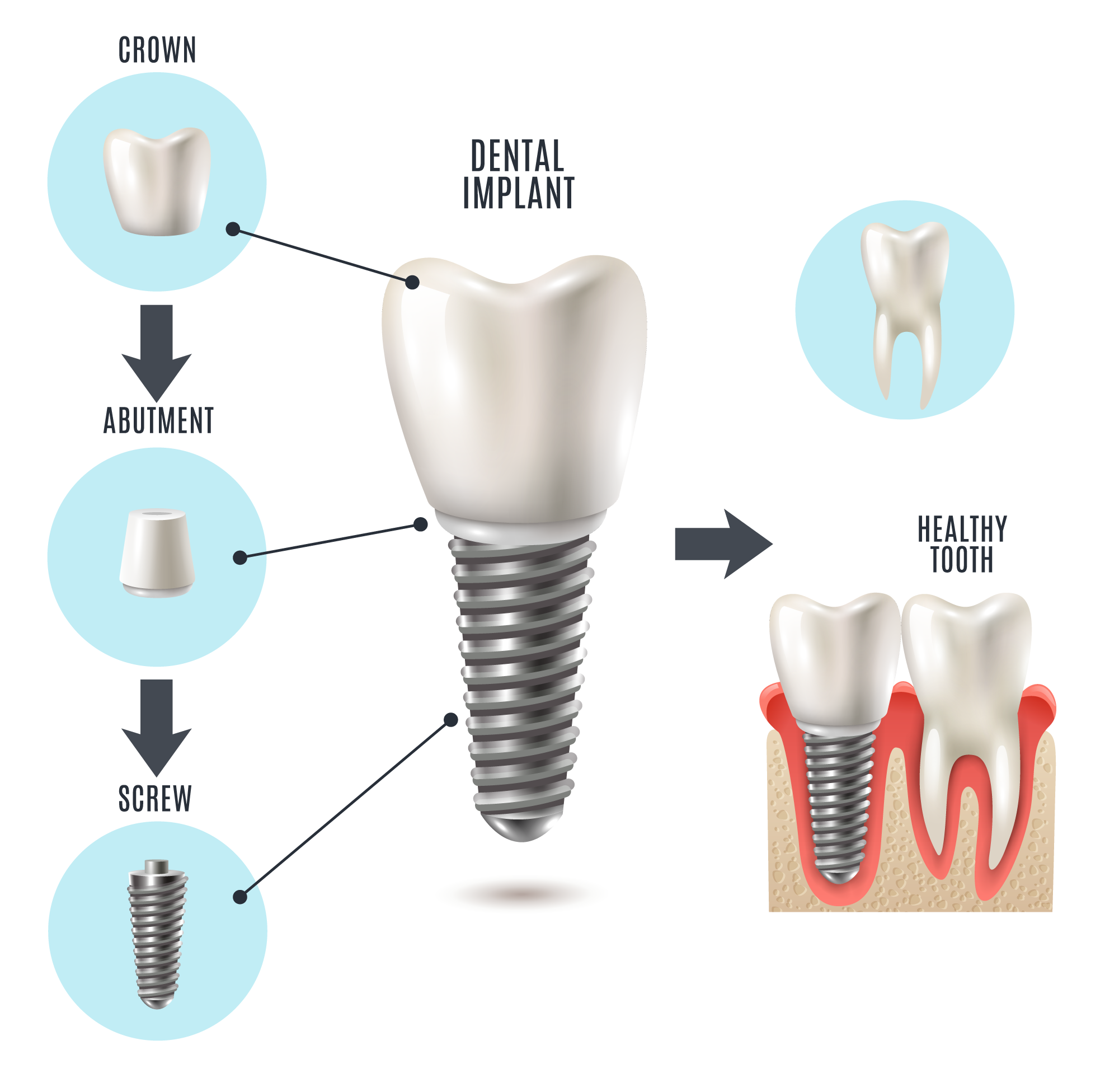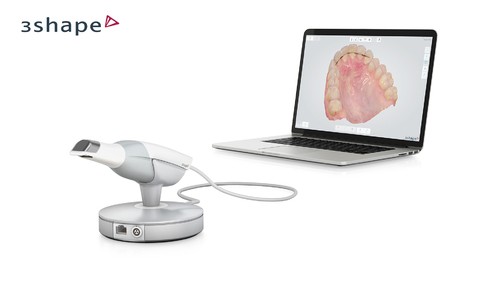The first thing that may come to your mind when you hear about dental implants would be pain!!! We say this because the most common question that we are asked about dental implants or rather most of the dental procedures is, “How much it’s gonna hurt?”, or “Are dental implants painful?”. Well, in all honesty, most of the times they are not painful barring few rare occurrences. But before we tell you more about that and why “pain with dental implants” should not be your consideration, let us explain you some important features and details about dental implants and we can help with dental implants.
What are dental implants?
Dental implants, a revolution in dentistry, are the perfect solution to replace missing teeth or stabilize loose dentures. They are the best standard of care for people with missing or broken down teeth. With dental implants, you no longer would have to rely on dentures, bridges or other removable appliances. Which means that we can help you smile with confidence and eat comfortably, whatever you wish. At Chavan Hospital, our experienced dental implantologist, Dr. Jagruti Chavan, uses only the best of dental implants from Nobel Biocare, Straumann, Biohorizons, Zimmer, Osstem/ Hiossen, Bicon, etc. which are ‘top of the line’ systems of dental implants in Pune, India currently being used in the dental world. With these teeth implants we will match the artificial tooth or teeth to your natural teeth, restore your ability to eat and speak naturally, and enhance your smile to the fullest.
Best of all, implants at Smilekraft Dentistry come with a lifetime replacement warranty. Visit our clinic to consult one of the best dentists in Pune, India, for his expert opinion on dental implants procedure.






